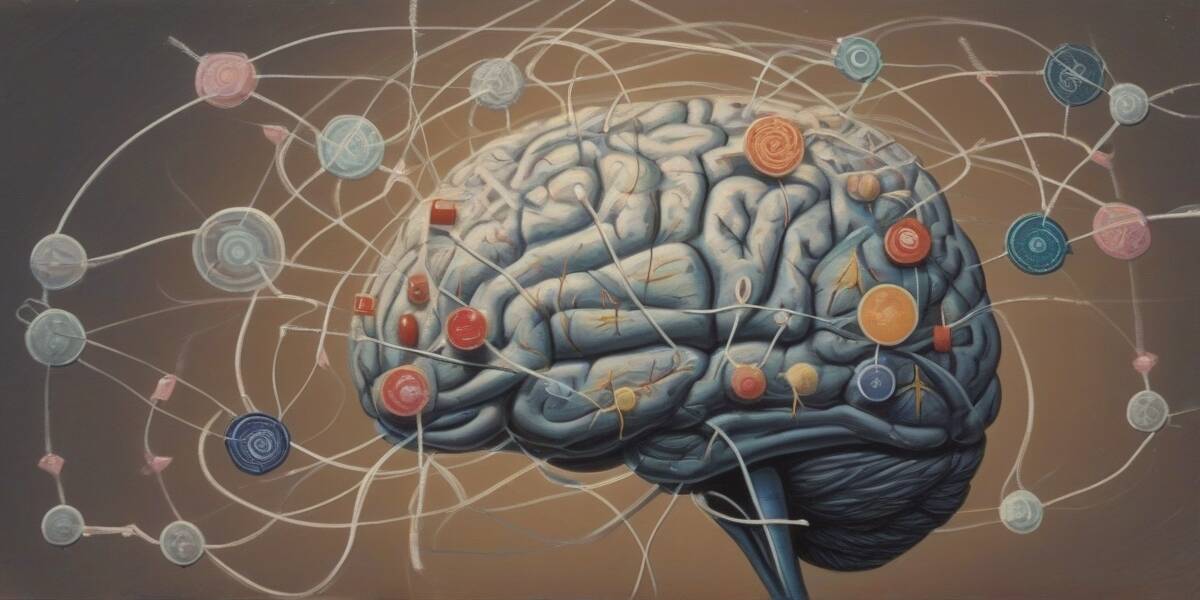
NO LINK BETWEEN INTERNET USE AND POOR MENTAL HEALTH, ACCORDING TO OXFORD BOFFINS
'We looked very hard for a smoking gun linking technology and well-being and we didn't find it'
Increased use of the internet has not had a notably negative effect on mental health, according to a study combining data from millions of people across 168 countries.…
The study, titled "Global Well-Being and Mental Health in the Internet Age," examined material from prior research conducted between 2005 and 2022 that considered the mental well-being of more than two million individuals, plus another effort that considered rates of anxiety, depression, and self harm from 2000 to 2019.
The authors analyzed both datasets by demographic and location, compared them to local internet usage rates, and found no evidence "that the internet and technologies enabled by it, such as smartphones with internet access, are actively promoting or harming either well-being or mental health globally."
"We looked very hard for a 'smoking gun' linking technology and well-being and we didn't find it," Andrew Przybylski, a professor at the Oxford Internet Institute (OII) and one of the paper's authors, declared on Tuesday.
Przybylski and co-author Matti Vuorre, previously a postdoctoral researcher at Oxford and now associate professor at Tilburg University, did find an increase in reported negative and positive mental health experiences, but concluded "for the average country, life satisfaction had remained relatively stable." The pair also found that adopting internet technology did not affect life satisfaction "to a meaningful large degree."
Nor could the pair find data indicating the mental health effects of internet adoption predominantly affected younger people, as has often been assumed.
"We did find some evidence suggesting that internet technology adoption is more negatively associated with young individuals' mental health than older groups," but that evidence was "small in magnitude and … credibly in the null region," the pair wrote.
"Overall, the demography-based differences in the mental-health-internet-adoption associates were smaller than within the mental health trends," the pair's paper also observes.
While Przybylski and Vuorre didn't find a statistically significant connection between global mental health statistics and internet proliferation, they noted a substantial body of evidence missing from their report: data collected by online platforms.
"The data and theory required to address this question at the causal level are absent," they noted, because the juiciest data is controlled by tech operators who don't reveal it for independent researchers.
Przybylski told us that he and Vuorre spoke to "all the major social media platforms and games platforms" and, while they had some success in getting data from Meta, "more needs to be done."
"It is crucial to study, in more detail and with more transparency from all stakeholders, data on individual adoption of and engagement with internet-based technologies," the pair wrote. "Until these data can be transparently analyzed for the public good, the potential harmful effects of the internet and other digital environments will remain unknown."
Przybylski told The Register that data from online platforms could give researchers a look at what people are doing online – a critically important measure because "most of what people think they know about the influence of the online world is based on unvalidated self-report measures."
"Negative effects are indeed possible, but we need better data to figure out what is going wrong and have some idea of what kinds of solutions would actually make online experiences better for our health," Przybylski told us.
Przybylski previously told The Financial Times that current initiatives – like banning phones, limiting social media access for young people and suing companies like Meta and Google for their role in perpetuating a youth mental health crisis – is "well-being theater."
In the absence of a definite link between internet use and mental health, Przybylski suggests focusing on practices known to promote health and well-being. "Socializing, getting exercise, and sleep are powerful determinants of health whereas the link between the internet and well-being is tenuous at best," Przybylski told us.
Coincidentally or not, a lack of physical activity, decreasing socialization and less restful sleep have all become increasingly prevalent since the COVID-19 pandemic.
"Focusing on what is known to promote health is a much better use of everyone's time and effort," Przybylski argued. ®
2023-11-29T07:42:09Z dg43tfdfdgfd